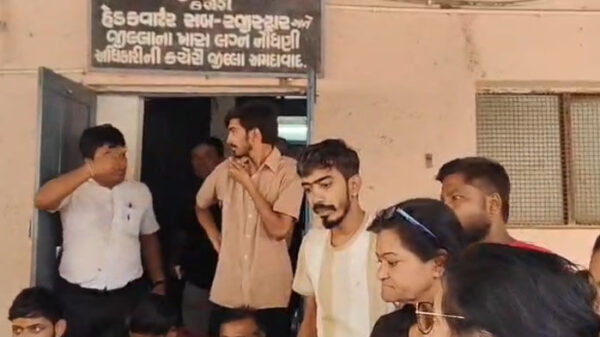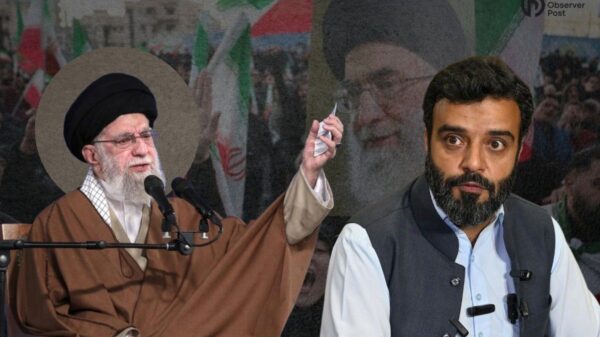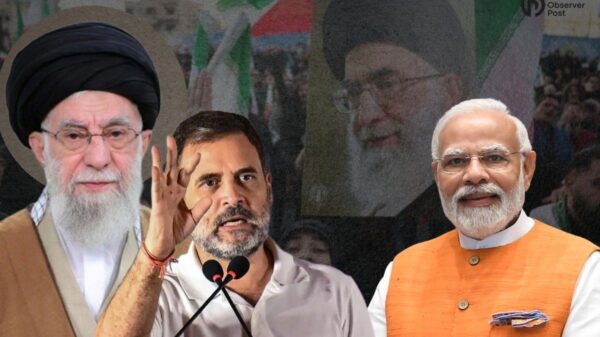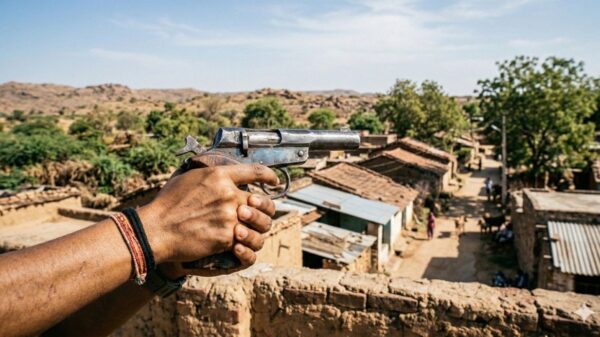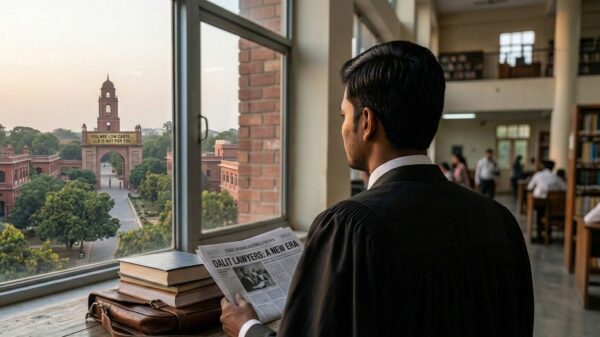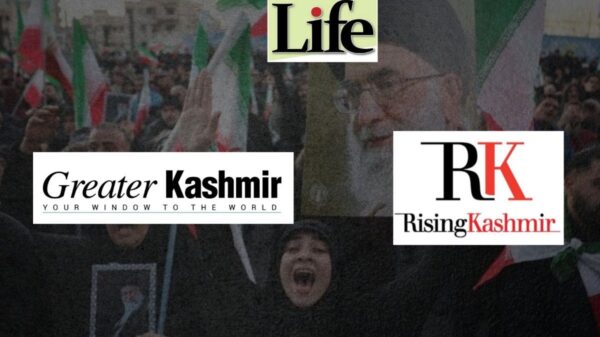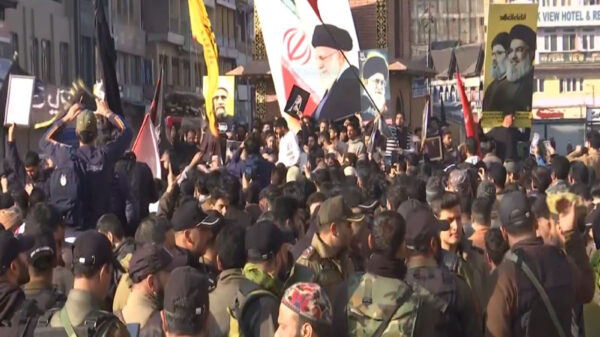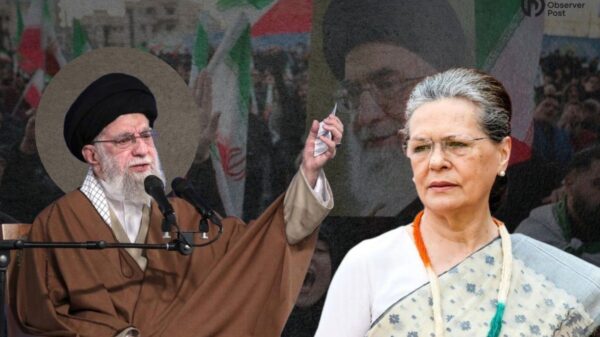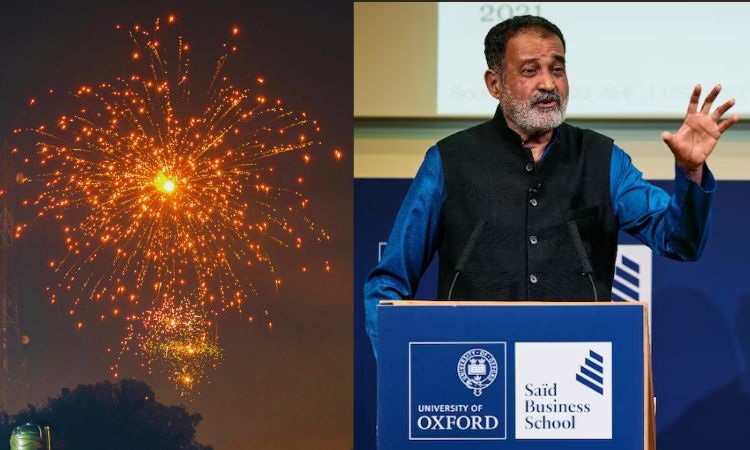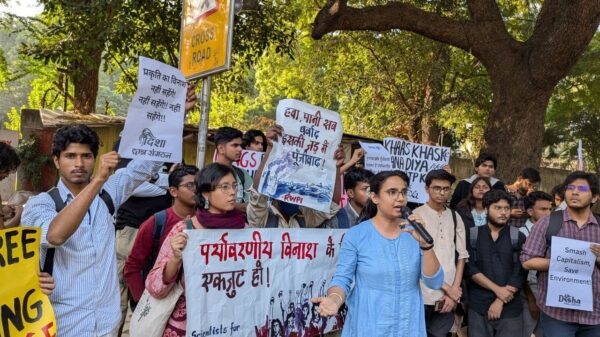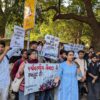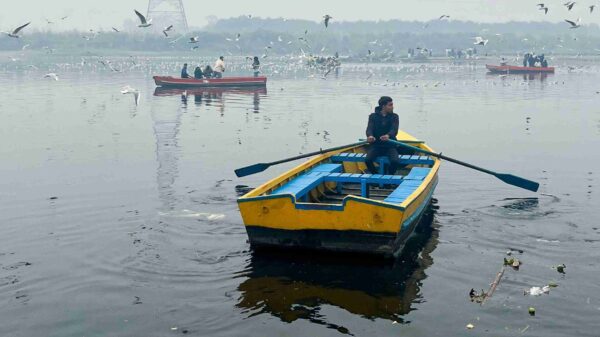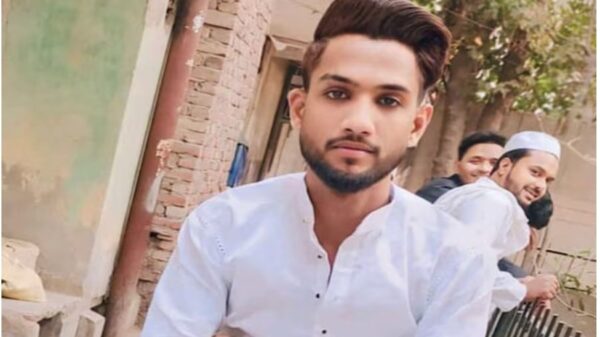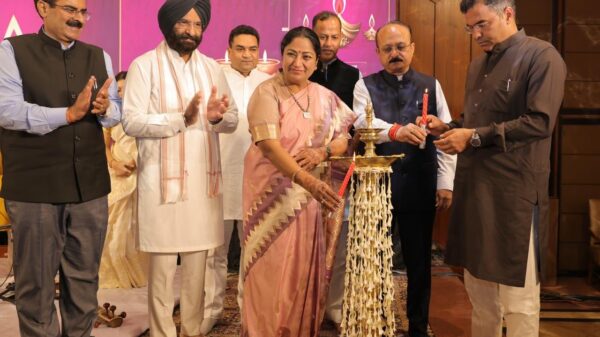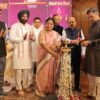The firecracker ban imposed in the National Capital Region before Diwali has triggered public backlash on social media, with some users defending the measure as essential for air quality improvement, while others argue it misrepresents the primary causes of winter pollution in the capital.
Leading the latter group is former Infosys CFO Mohandas Pai, who voiced his resentment on social media, arguing that firecrackers are not a significant factor in Delhi’s pollution levels and called for a more data-driven approach.
Pai criticized the ban, attributing it to political motivations rather than scientific reasoning. He argued, “Pollution is not caused by crackers. See the data. Crackers are there for 3-4 days, pollution year around.” He further pointed that Delhi government could permit eco-friendly “green crackers” while barring only the most polluting varieties, labeling the sweeping restriction as “draconian” and “totalitarian.”
The ban, announced by the Delhi government earlier in October, prohibits the manufacture, sale, and bursting of firecrackers in the city until January 1, 2025.
Delhi Chief Minister Arvind Kejriwal countered the claims that his government targets Hindu celebrations. “There is nothing Hindu-Muslim in it. Everyone’s breathing and life is necessary,” Kejriwal wrote on social media platform X. He called for celebrating Diwali, traditionally the “Festival of Lights,” by lighting homes with diyas (oil lamps) and candles, rather than using firecrackers, which can contribute to worsening air quality.
Citing a report from the Indian Institute of Technology (IIT) submitted to the Delhi government, ex Infosys CFO Mohandas Pai wrote on his social media that vehicles, stubble burning, and municipal waste burning are the main contributors to Delhi’s winter pollution, and firecrackers are reportedly not a primary source.
Other voices have joined the debate, including Arnaz Hathiram, founder of Voice For Men India, who pointed to the government’s reliance on bans as a seasonal, rather than a year-round solution. “Delhi-NCR’s pollution levels post-September are intolerable,” Hathiram noted, questioning why more comprehensive, long-term measures aren’t prioritized. She argued that bans should be a last resort and pointed to a lack of urgency around air quality outside the Diwali period.
The discussion extended beyond Delhi’s borders, with the Khasi Students’ Union (KSU) calling for a temporary ban on firecrackers in Shillong, Meghalaya.
In a letter to East Khasi Hills district administrator RM Kurbah, the KSU raised concerns over the health impacts of air and noise pollution on residents and animals alike. The union urged the government to support a more eco-friendly Diwali by advocating sustainable lighting options as a safer alternative.






